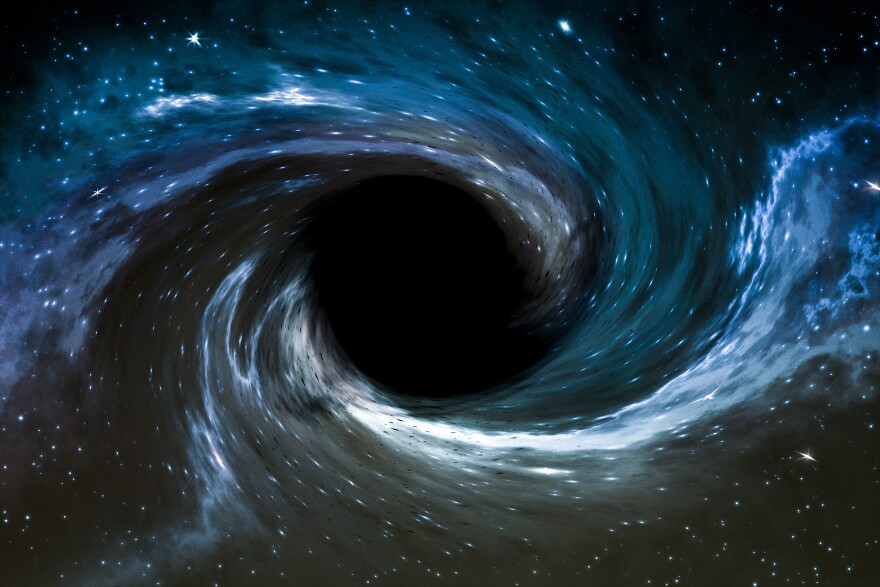Every year in October, Nobel Prizes are awarded to people throughout the world. This year, the Nobel Prize in Physics was awarded to three astrophysicists for their work in advancing black hole discoveries.
Roger Penrose, an Englishman, received one half of the award and Reinhard Genzel, a German, and Andrea Ghez, an American, split the other half. All three scientists cemented the reality of black holes — Penrose through his calculations that black holes are physically possible, and Genzel and Ghez in their discovery of a black hole in the center of our own Milky Way galaxy.
This Nobel Prize is significant in proving an idea that has been imagined since the 18th century. Astronomy contributor Jean Creighton explains that Penrose’s ability to visual black holes through mathematical equations lead him to his findings that the Nobel Prize is recognizing.
“He could prove that regardless of the individual properties of a black hole whether it’s rotating, whether it isn’t, whatever it is, whatever it’s doing, it will always collapse if it’s over a certain a mass, which means that he connected that theoretical thing to any star over a certain mass will make a black hole,” she says.
This discovery helped transition the theory of black holes into scientific fact.
“When you manage to cross the bridge to connect your math, what the math allows to what actually happens — it’s always a wonderful moment of triumph,” says Creighton.
Genzel and Ghez also helped further cement theories of black holes into fact by discovering and studying the black hole in the center of the Milky Way.
“They managed to use really sophisticated techniques over long periods of time and they managed to measure and prove that there is a, well as much as you can prove anything, but very strong evidence that there is a black hole in the center of our galaxy and that reinforces the idea that there probably are black holes in most galaxies,” says Creighton.
Both of these discoveries are also proving that as technology advances, more theories will be able to be tested and more facts about the universe will become known, Creighton explains. “We’re able to measure things that we, in our dizziest dreams, couldn’t have imagined 50 years ago,” she says.








